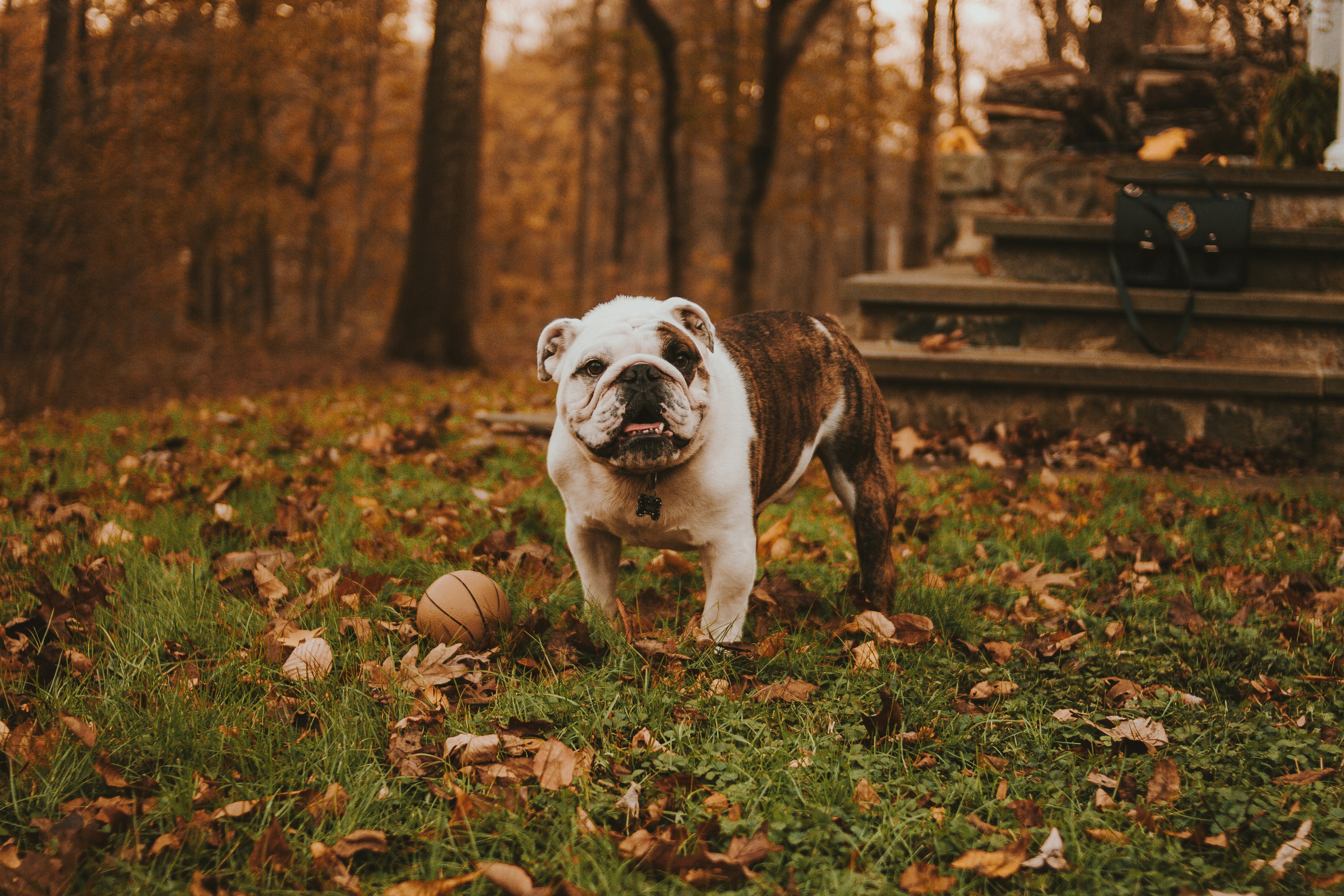
Bulldog Dogs: The Ultimate Guide to the Charming Couch Companion
With their saggy jowls, stocky build, and endearing snorts, Bulldogs have become icons of determination and devotion. But behind that grumpy face lies a heart of gold. This comprehensive guide explores the Bulldog’s history, care needs, and unique personality to help you decide if this low-energy charmer fits your lifestyle.
| Characteristic | Value |
|---|---|
| Lifespan | 8-10 years |
| Weight | 40-50 pounds |
| Height | 14-15 inches |
| Temperament | Loyal, Courageous, Affectionate, Gentle, Calm |
Characteristics
From Bull-Baiting to Beloved Mascot
Originally bred in 13th-century England for the brutal sport of bull-baiting, Bulldogs were reimagined as companion animals after the practice was banned in 1835. Their tenacity lives on as mascots for sports teams and military units worldwide.
Distinctive Physical Features
- Size: Compact but dense at 40-50 lbs, standing 14-15 inches tall.
- Coat: Short, smooth, and glossy in red, fawn, brindle, or white.
- Face: Signature pushed-in nose, deep wrinkles, and an underbite.
- Gait: Characteristic rolling “waddle” due to wide-set shoulders.
Bulldog Temperament: More Than Just a Pretty Face
Personality Traits
- 🛋️ Couch Connoisseurs: Content with short walks and long naps.
- 👶 Child Whisperers: Remarkably patient with kids’ antics.
- 🛡️ Silent Guardians: Rare barkers but will posture to protect family.
- 🤝 Social Butterflies: Thrive on being included in all household activities.
Potential Challenges
- Heat Intolerance: Overheat easily due to brachycephalic features.
- Stubborn Streak: May plant like a boulder during walks.
- Grooming Needs: Wrinkles require daily maintenance.
Caring for Your Bulldog: Health, Grooming, and Nutrition
Exercise Requirements
- Daily Needs: 20-30 minutes of leisurely walks, ideally in cool mornings/evenings.
- Mental Stimulation: Food puzzles or scent games (they’re surprisingly food-motivated!).
- Play Precautions: Avoid rough play that strains joints; use harnesses instead of collars.
Grooming Guide
- Wrinkle Care: Clean facial folds daily with hypoallergenic wipes to prevent infections.
- Brushing: 2-3 times weekly with a soft bristle brush.
- Bathing: Every 4-6 weeks using oatmeal shampoo for sensitive skin.
- Nails: Trim every 3 weeks to avoid painful splits.
Common Health Issues
Brachycephalic Syndrome
- Symptoms: Noisy breathing, snoring, exercise intolerance
- Prevention: Maintain cool environment, avoid obesity
Hip Dysplasia
- Symptoms: Difficulty rising, bunny-hopping gait
- Prevention: Provide joint supplements, avoid stairs
Skin Fold Dermatitis
- Symptoms: Redness, odor between wrinkles
- Prevention: Daily cleaning with chlorhexidine wipes
Cherry Eye
- Symptoms: Red mass in eye corner
- Prevention: Surgical correction if chronic
Nutritional Needs
- Special Diet: Formulas for brachycephalic breeds with easy-to-pick kibble shapes.
- Portion Control: Measure meals to prevent obesity (1.5-2 cups daily for adults).
- Slow Feeders: Use puzzle bowls to reduce gulping air.
- Avoid: High-sodium treats that increase dehydration risks.
Training Your Bulldog: Patience Pays Off
Effective Techniques
- Food Motivation: Use high-value treats like cheese or liver.
- Short Sessions: 5-10 minute trainings to match attention spans.
- Crate Training: Essential for housebreaking – they dislike soiling beds.
- Socialization: Introduce to diverse people/pets during puppyhood.
Addressing Challenges
- Leash Resistance: Practice “let’s go” commands with frequent treats.
- Jumping: Teach “off” by turning away when paws leave ground.
- Chewing: Provide frozen carrots – gentle on teeth but satisfying.
Is a Bulldog Right for You? Pros and Cons
Ideal For:
- Apartment dwellers
- Seniors or low-energy households
- First-time dog owners
- Families with children
Think Twice If:
- You live in hot climates without AC
- Want a jogging partner
- Dislike drool or snoring sounds
- Have limited vet budget
Bulldog FAQs
Q: Do Bulldogs drool a lot?
A: Moderate droolers – keep a “slobber rag” handy after drinking!
Q: Are Bulldogs good with cats?
A: Yes, their calm nature usually accepts feline friends, especially if raised together.
Q: Why do Bulldogs snore so loudly?
A: Their short nasal passages cause noisy breathing – it’s normal but consult a vet if gasping occurs.
Q: Can Bulldogs swim?
A: No – their heavy front end makes them sink. Always use life jackets near pools.
Conclusion: Embrace the Wrinkled Wonder
Bulldogs offer a perfect blend of comic relief and steadfast loyalty in a compact package. While their health needs require vigilance and their snores could rival a chainsaw, their undemanding nature and affectionate personality make them ideal for relaxed homes. If you’re ready for a companion who’ll greet every day with a snort and a snuggle, the Bulldog might just be your soulmate.